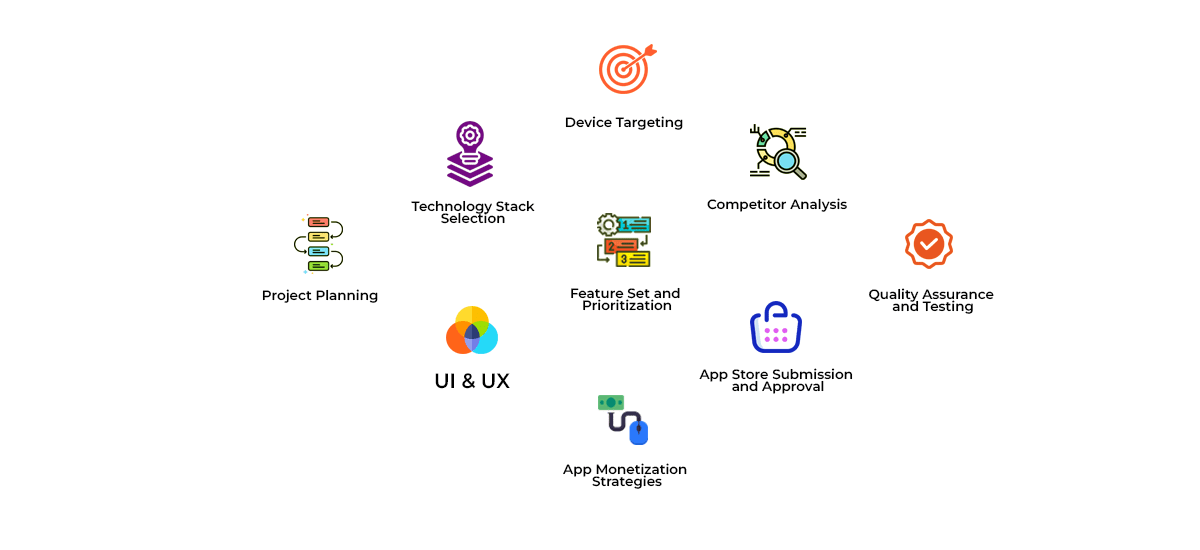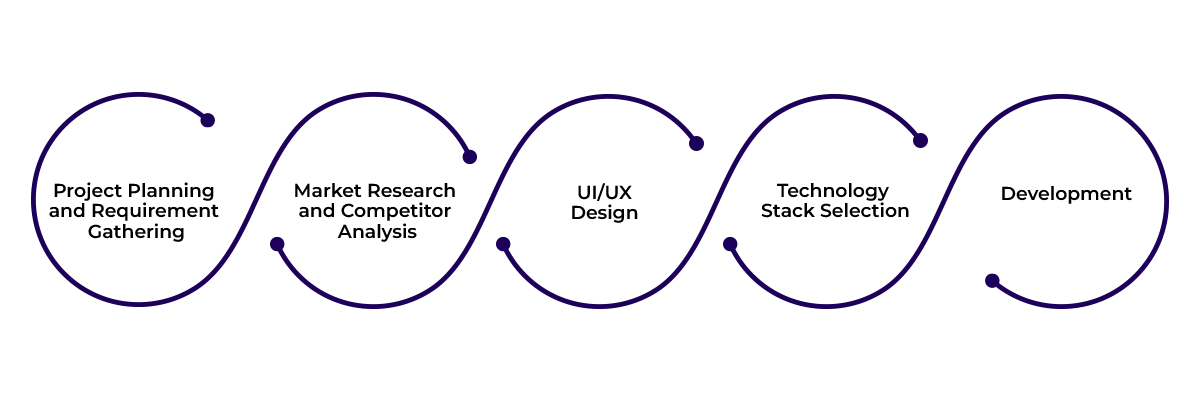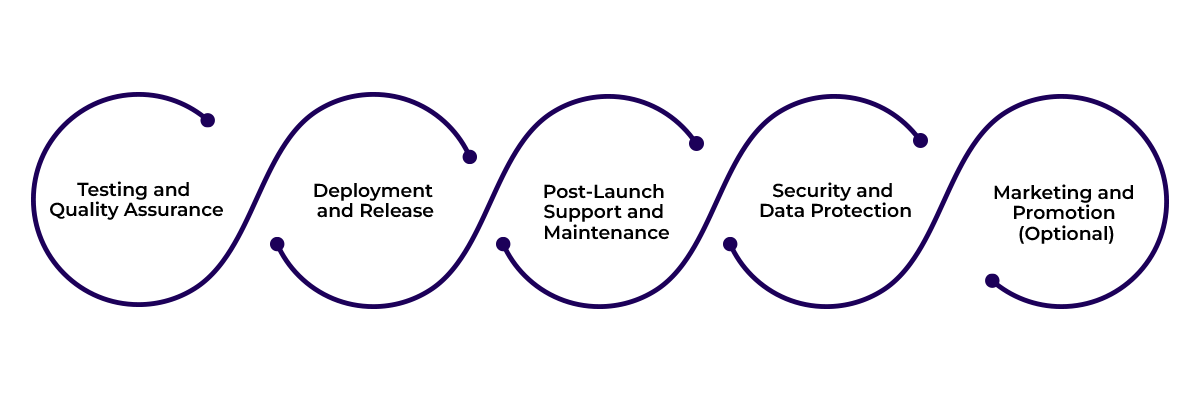- HOME
- SERVICESCloud Services

Microsoft 365
Verticiti offers integrated tools for productivity and collaboration.

Power Platform
Power Platform is for automation and app development, enhancing productivity.

Salesforce
Salesforce is a leading CRM platform, streamlining business processes.

AWS
Amazon Web Services offers cloud computing solutions and services.
Cybersecurity
Cloud Security
Cloud security ensures data protection in remote server storage.

Governance, Risk, and Compliance
We ensures effective organizational oversight and maintains regulatory adherence.

Application Security (AppSec)
App Sec ensures software's resilience against cyber threats.
Data Analytics & Services

Data Transformation
Data Transformation involves structuring information for analysis.

Business Intelligence and Analytics
BI and Analytics drive data-informed decisions, enhancing performance.
Application Service
Custom Software Development
Solutions through code, optimizing processes and enhancing efficiency.

Mobile Application Development
Mobile App involves designing, coding, and testing apps for smartphones.

UI/UX Services
Our UI/UX services create seamless, engaging digital experiences.
IT Support and Maintenance

Managed IT Services
Outsource IT management for streamlined operations and expertise. Read More >>
- ABOUT
- BLOG
- CONTACT
- HOME
- SERVICESCloud Services

Microsoft 365
Verticiti offers integrated tools for productivity and collaboration.

Power Platform
Power Platform is for automation and app development, enhancing productivity.

Salesforce
Salesforce is a leading CRM platform, streamlining business processes.

AWS
Amazon Web Services offers cloud computing solutions and services.
Cybersecurity
Cloud Security
Cloud security ensures data protection in remote server storage.

Governance, Risk, and Compliance
We ensures effective organizational oversight and maintains regulatory adherence.

Application Security (AppSec)
App Sec ensures software's resilience against cyber threats.
Data Analytics & Services

Data Transformation
Data Transformation involves structuring information for analysis.

Business Intelligence and Analytics
BI and Analytics drive data-informed decisions, enhancing performance.
Application Service
Custom Software Development
Solutions through code, optimizing processes and enhancing efficiency.

Mobile Application Development
Mobile App involves designing, coding, and testing apps for smartphones.

UI/UX Services
Our UI/UX services create seamless, engaging digital experiences.
IT Support and Maintenance

Managed IT Services
Outsource IT management for streamlined operations and expertise. Read More >>
- ABOUT
- BLOG
- CONTACT







